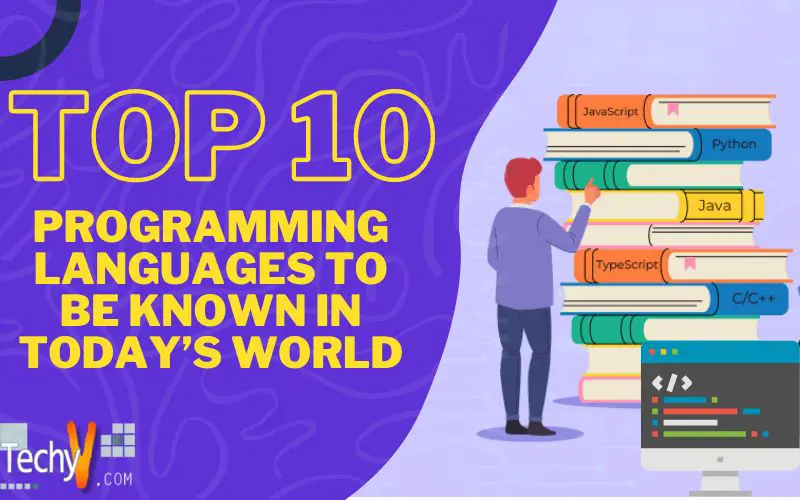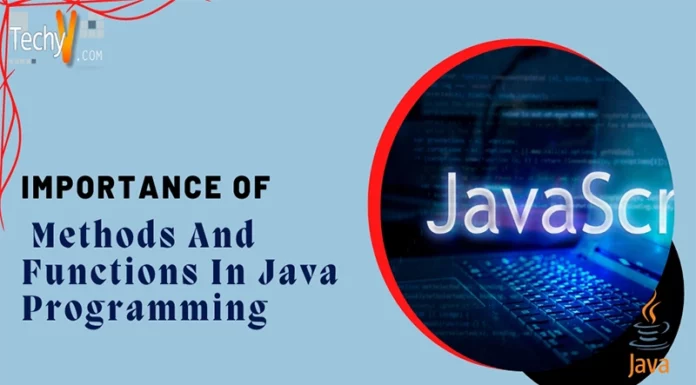The world of science and technology keeps expanding. One must keep improving his personal as well as programming skills to maintain one’s pace with the ever growing technology! There has been a proliferate growth of various programming languages which are budding rapidly. But, it becomes difficult to master over all present and upcoming programming languages. Hence, it would be best to keep track and learn the top programming languages in use always. Here is a list of top 10 programming languages to be known in today’s world.
It goes as follows….
1) Java
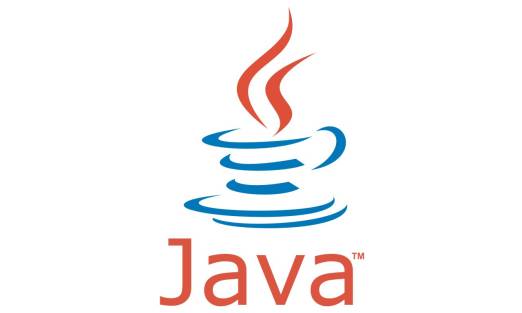
Java is an object-oriented programming language. Java is the brainchild of Sun Microsystems. It uses a compiler. It is considered to be the number one programming language for multiple reasons. At the outset, Java is well-organised. It has a library with numerous reusable software components. Secondly, it uses the concept of ‘Write once, runs anywhere’ (WORA),i.e., programs written in Java, runs on any platform which varies in computer architectures and operating systems. Java Virtual Machine (JVM) is the entity which enables this phenomenon.
We also refer WORA concept as ‘code portability.’ Due to Java syntax simplicity, it becomes easy for the people to teach as well as learn.
2) C

C is a compiled, procedural oriented language developed in 1972. To work with UNIX operating systems, Dennis Ritchie mainly invented C. Many programmers use the C programming language on a large scale. C programs have to be distinctly compiled for computers of different architectures and operating systems, though it was designed to be portable in nature.
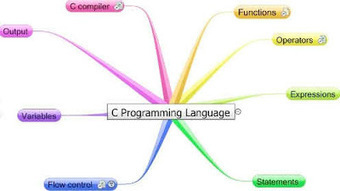
C is used for system programming and also in embedded systems. It has high processing speed. Many regard C as the root language for many programming languages providing its control structures and other primitive features as the source for the other languages.

3) C++

C++ is a middle-level language brought by Bjarne Stroustrup at Bell Laboratory in 1979. It supports both structured and object-oriented features. It is a class-based extension to C. It is backward compatible with C. It runs on many platforms such as Windows, Mac OS, various versions of UNIX operating systems, etc.

It is easier in syntaxes compared to C and brings in many object-oriented elements like objects and classes and object-oriented concepts such as abstraction, polymorphism, inheritance, message passing, etc. These improve the efficiency and speed of the language.
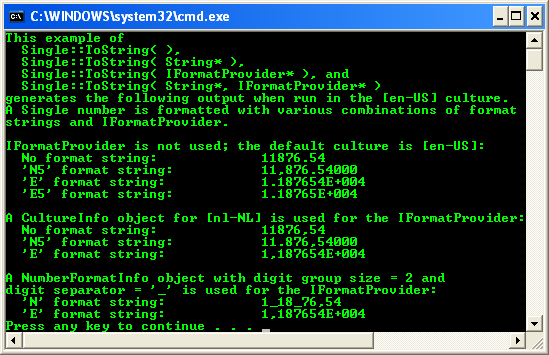
4) PHP

Rasmus Lerdorf, in 1996 developed PHP which interprets during the program run-time execution.PHP stands for Hypertext Preprocessor. The prime objective of PHP is to create dynamic web pages. Presently, it serves as a fully featured object-oriented programming language, although, it did not fulfill the requisites of a real programming language in its earlier stages. Version 5 brought in 2004 overcomes the insecure and sloppy features of this language. PHP is more often employed in writing web applications and is used widely in web programming.

5) Visual Basic
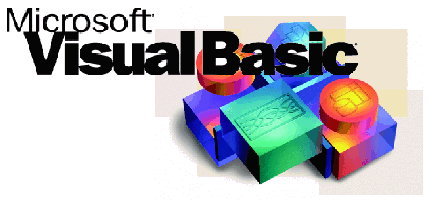
Visual Basic termed as VB is an interpreted language. Microsoft Corporation developed VB for the Windows platform is a next generation to its old BASIC from 1970’s. It is a programming prototype where events determine the program flow. The Component Object Model (COM) programming uses Visual Basic as its Integrated Development Environment (IDE). It is employed to pen execution script that does not require the efficiency of C#.
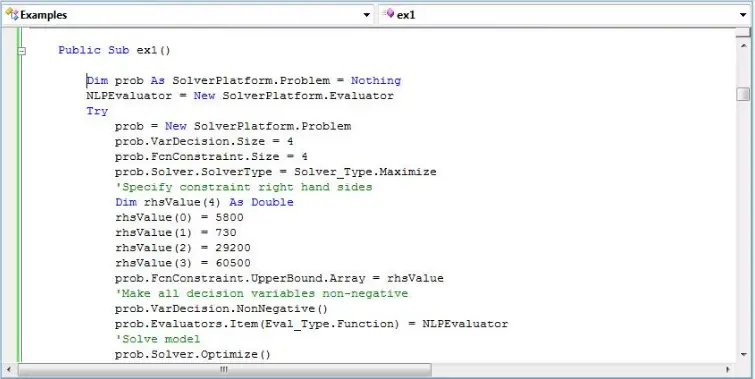
6) Python
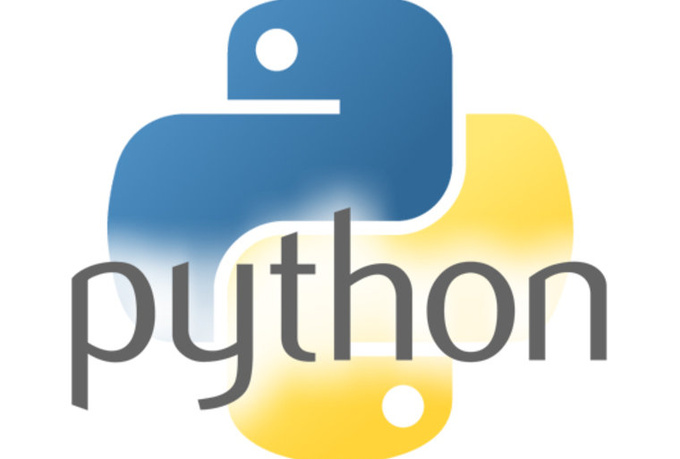
An easy to learn, powerful programming language, Python, has top-notch data structures. It is facile as well as has a constructive approach to object-oriented programming. It was developed by Guido van Rossum in late 1980’s. Python derives its name from the Monty Python comedy group.
Python is a supreme language for scripting due to its exquisite syntax and dynamic typing feature. These aided in the vivacious progression of application in numerous areas on most platforms. It serves as the best programming choice for both Google and Ubuntu.

7) C#
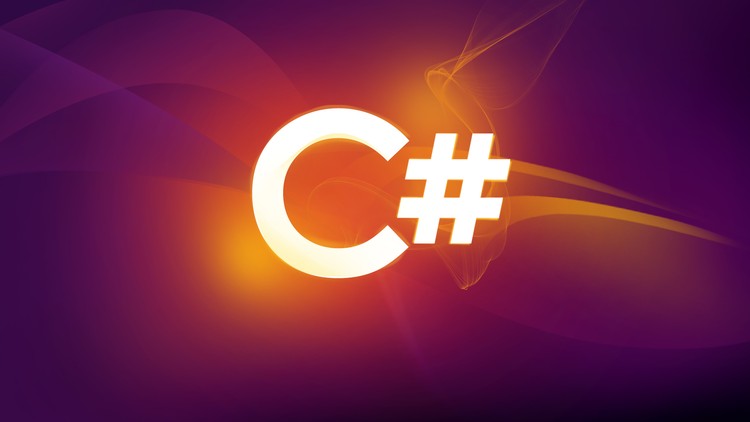
C# is a compiled programming language that supports programming archetype of assorted languages. It besets tenacious typing, utilitarian, indispensable, object-oriented and component-based programming principles. Anders Hejlsberg led the development team which released most recent version, C# 6.0 in 2015. C# inherits its base from C and C++ programming languages. Microsoft, in its .NET framework, conceives C# as its premium language. It is analogous to Java in syntax and nature perspectives. It is substantial, fast and much suitable for Windows.

8) JavaScript

Abbreviated as JS, JavaScript is a full-fledged dynamic programming language. When one applies JavaScript to an HTML document, it can provide dynamic interactivity on websites. Brendan Eich, co-founder of the Mozilla, Inc. invented JavaScript. It is employed in situations where the user needs a clear and formatted information to complete an operation and to provide HTML codes for effective functioning and design of web pages. In future, JavaScript is trending in developing simple needs such as office suites. Depending upon the ameliorations in the speed of a browser’s interpreter, the implementation of this language is enhanced. One better knows JavaScript as the ECMA Script, and it is used to perform web programming from the client end.

9) Perl
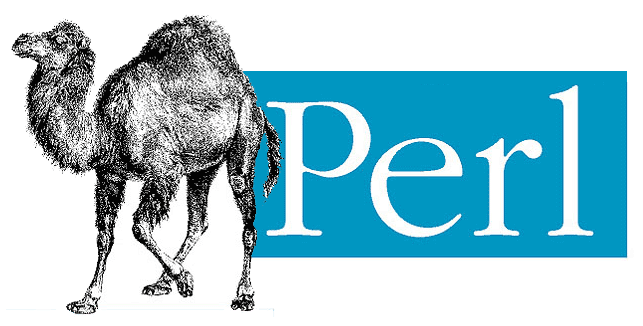
In 1986, Larry Wall developed Perl. It stands for Practical Extraction and Report Language. It is independent of the nature of the operating system over which it executes and supports diverse range of platforms. Though Perl has a disorganized and a scary-looking syntax, it produces a wide range implementation in the scripting of system administration fields and text processing zones.
10) Ruby

‘R’ programming, fondly known as Ruby is one of the most budding object-oriented languages in the world. Around 1995, Yukihiro Matsumoto brought Ruby into existence. Objects are the fundamental entities in Ruby, even letters and numbers work on function calls. It is an open source language with optimized rates of productivity and simplicity.
Ruby embodies an elegant syntax that is simple to comprehend and work over. R programming language supports management of an automatic memory and a dynamic typecast, and it is a platform to hit out if one has a great liking for objects.

The languages mentioned above fetch the top 10 spots when it comes to the factor of programming. Having a basic understanding of simple concepts of the above languages and the ability to code in them will help greatly!
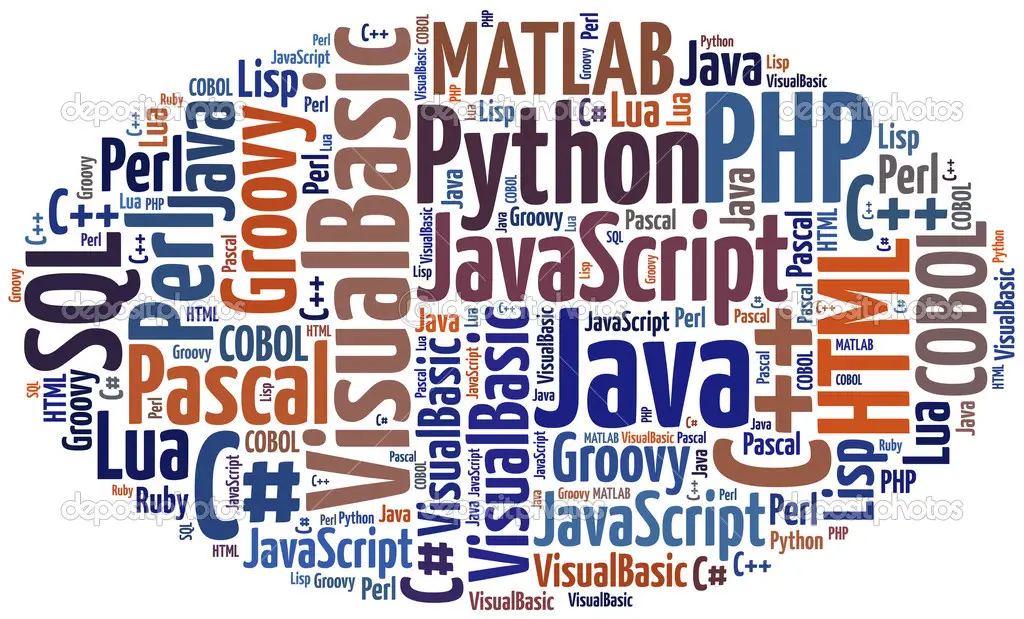
As technology keeps advancing, the importance of every programming language keeps varying. Hence, one has to keep updating regarding programming languages, and advancements in the computer field since the rate of new inventions and researches are very proliferate in this arena. Thus, start learning and keep coding..!!!!



